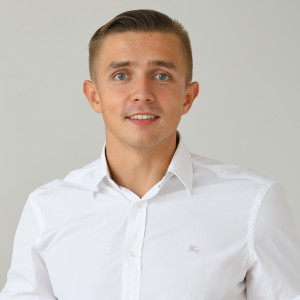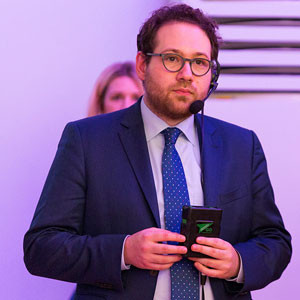Hi all,
I am going for the final round at McKinsey about a week. I am wondering how should I spend my remaining time, what is the best way to prepare for the last round, which part should I focus on? Also, how is it going to be different from the first round interviews? After the first round, my interviewer gave me the feedback that my PEI, math and structuring was good. However I need to synthesize more and take a step back and look at the picture time to time while solving the cases. I do no think I understand what he has really meant by synthesizing. How can I achive to do that in a better way.
Thanks in advance.














